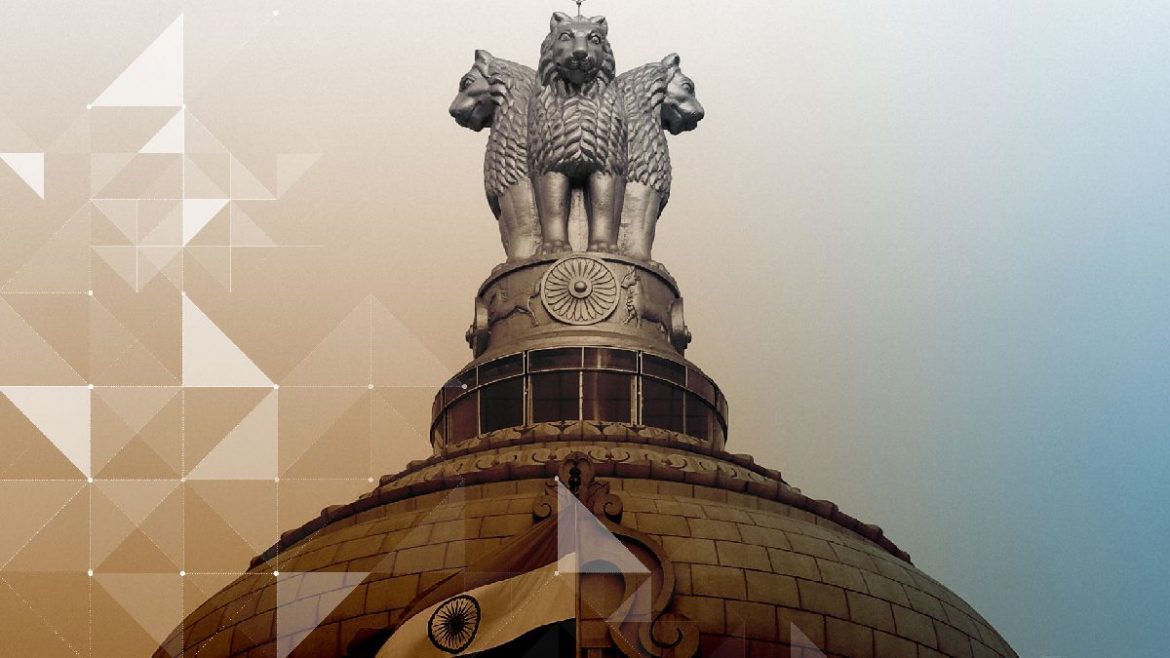Unless you’re completely new to cryptocurrency, you already know that governments being averse to the technology is nothing new. In fact, it’s almost expected. The technology is still new, and with the exception of a handful of countries that have chosen to embrace cryptocurrency, most are still apprehensive to it. There have been countless times where the markets came to a grinding halt as the world waited to hear what the United States, China, or South Korea would say about cryptocurrency. Sometimes, the markets even tanked because of it.
None of the previous policies against cryptocurrency by a major country even come close to what India’s proposing––a 10-year prison sentence. The “Banning of Cryptocurrency and Regulation of Official Digital Currency Bill” prohibits anyone from mining, generating, holding, selling, transferring, and even dealing in transactions using cryptocurrency. If you’re caught directly or indirectly using banned cryptocurrency, you could be subject to a “non-bailable” sentence.
But wait, there’s more. Apparently, 10 years in prison isn’t punishment enough. To really drive the point home that you’ve done messed up by holding cryptocurrency, you’ll also be fined for holding cryptocurrency as well. Just how much are we talking about? According to the bill, the accused will be penalized three times the amount they’ve lost from holding cryptocurrency or three times the amount they’ve made from holding it, whichever is higher.
Oh, and just in case you’re wondering what’s going to happen to India’s official cryptocurrency, the Digital Rupee, if the bill is passed. It’s going to be exempt from the ban. Because the issue was never really about being anti-crypto. It was about being against cryptocurrencies the government can’t control.
Of course, the bill has yet to pass. But if it does go through, Indians have 90 days to declare their cryptocurrencies and dispose of them before being penalized.
Hopefully, the proposed bill will be shot down and India will come up with a better way to regulate cryptocurrency. Outright banning and criminalizing the technology will probably have an adverse effect, sending transactions underground instead of stopping them completely.
For what it’s worth, the Reserve Bank of India recently went on record to state they weren’t consulted with or involved with writing the bill. So, maybe there’s a glimmer of hope that an alternative can be worked out that pleases lawmakers, the central bank, and the citizens.
Regardless of what happens with the bill, one thing’s for certain. The members of parliament who drafted the bill could’ve put a little more effort into naming it.
Did India Just Try to Ban Crypto?
previous post
